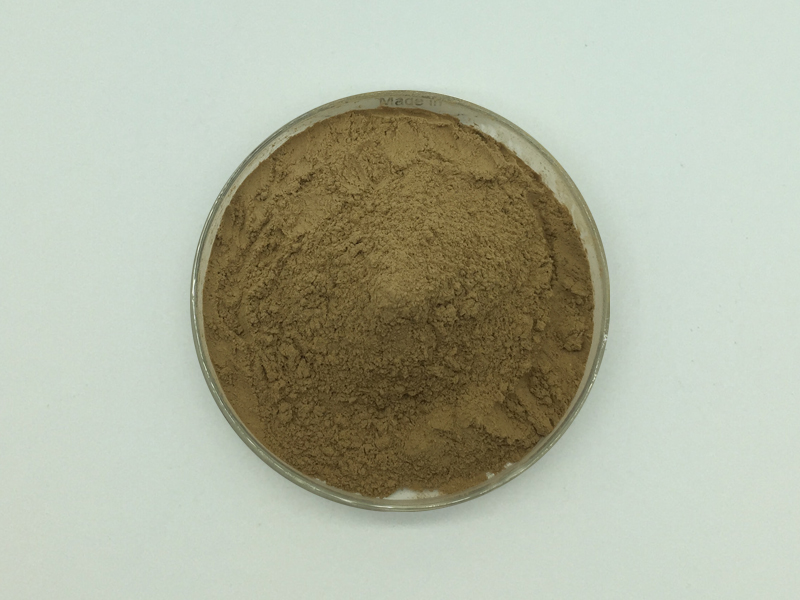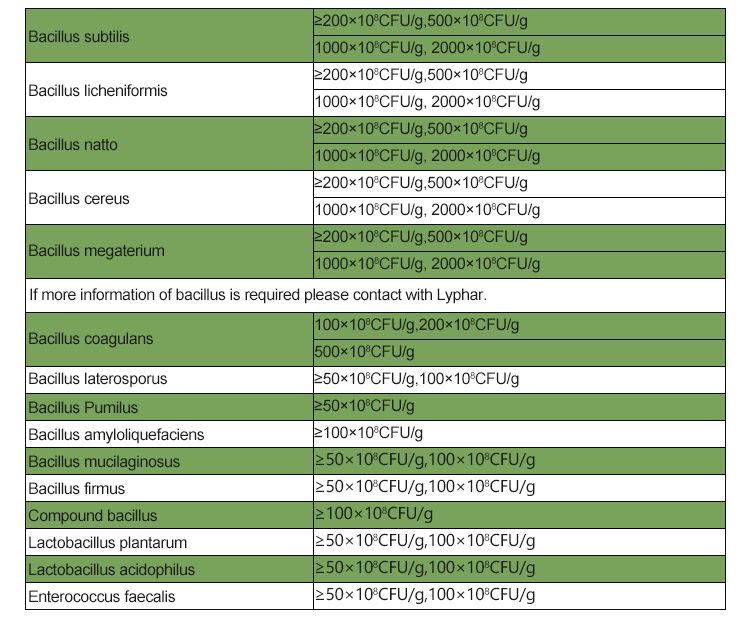Bacillus subtilis is a Gram-positive, rod-shaped bacterium commonly found in soil. It has been used for various industrial and agricultural purposes, and some strains are recognized as probiotics. While Bacillus subtilis is generally considered safe, there are factors to consider regarding its effectiveness, potential side effects, and special precautions.
Effectiveness of Bacillus Subtilis:
1.Probiotic Properties:
Bacillus subtilis is believed to have probiotic properties, promoting a healthy balance of gut microbiota.
It may help support digestive health and boost the immune system.
2.Agricultural and Industrial Uses:
Some strains of Bacillus subtilis are used in agriculture as biopesticides to control plant diseases.
In industrial settings, it is employed for the production of enzymes and other biotechnological applications.

Side Effects of Bacillus Subtilis:
1.Generally Recognized as Safe (GRAS):
Bacillus subtilis is classified as “Generally Recognized as Safe” by the U.S. Food and Drug Administration (FDA).
2.Rare Adverse Reactions:
In healthy individuals, adverse effects are rare. However, some people may experience gastrointestinal discomfort, such as bloating or gas.
3.Immunocompromised Individuals:
Immunocompromised individuals may be more susceptible to infections, and caution is advised in such cases.
Special Precautions of Bacillus Subtilis:
1.Immunocompromised Individuals:
Individuals with compromised immune systems should consult with healthcare professionals before using Bacillus subtilis supplements.
2.Dosage and Strain Variability:
The effectiveness of Bacillus subtilis may vary depending on the specific strain and dosage. It’s important to follow recommended dosages and choose reputable products.
3.Interactions with Medications:
Individuals taking medications should consult their healthcare providers before using Bacillus subtilis supplements, as there may be potential interactions.

4.Quality and Purity of Supplements:
Ensure that supplements containing Bacillus subtilis are of high quality, free from contaminants, and purchased from reputable sources.
5.Pregnancy and Breastfeeding:
Limited information is available on the use of Bacillus subtilis during pregnancy and breastfeeding. Consultation with a healthcare professional is advisable.
It’s crucial to note that while some strains of Bacillus subtilis have been extensively studied and are considered safe, the effectiveness and safety of specific products may vary. Always consult with healthcare professionals, especially if you have underlying health conditions or are considering the use of supplements.
